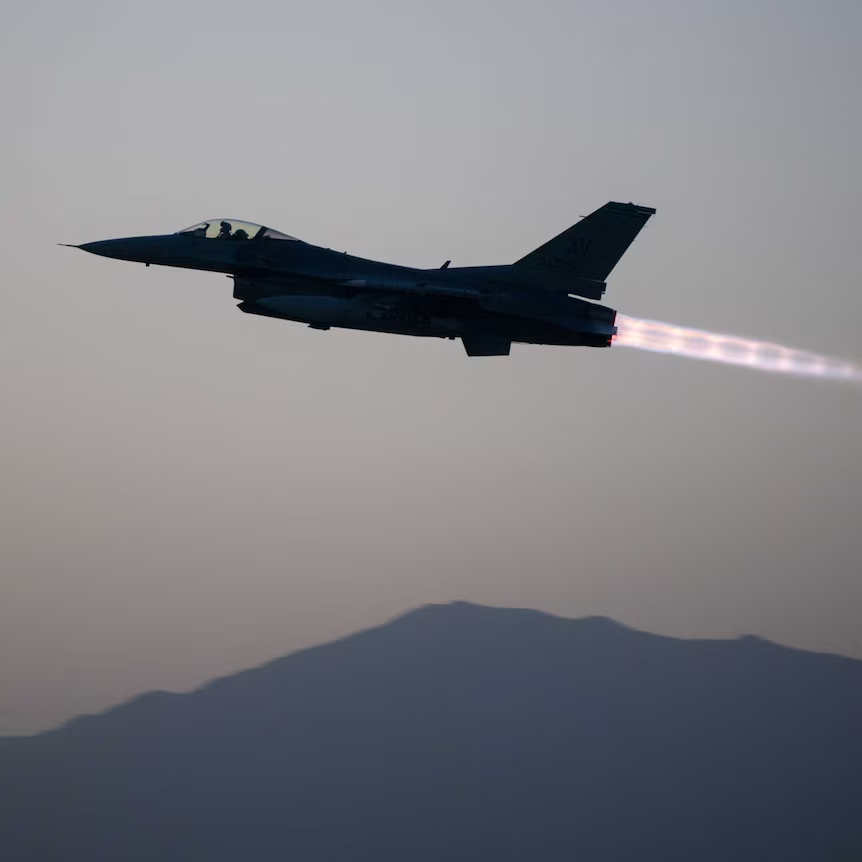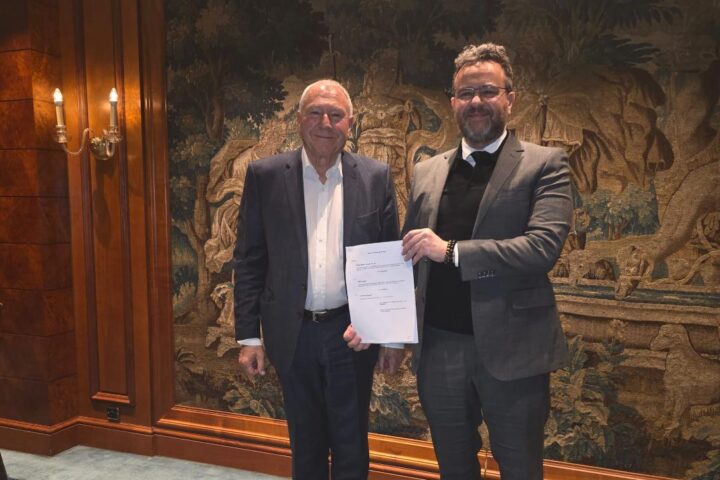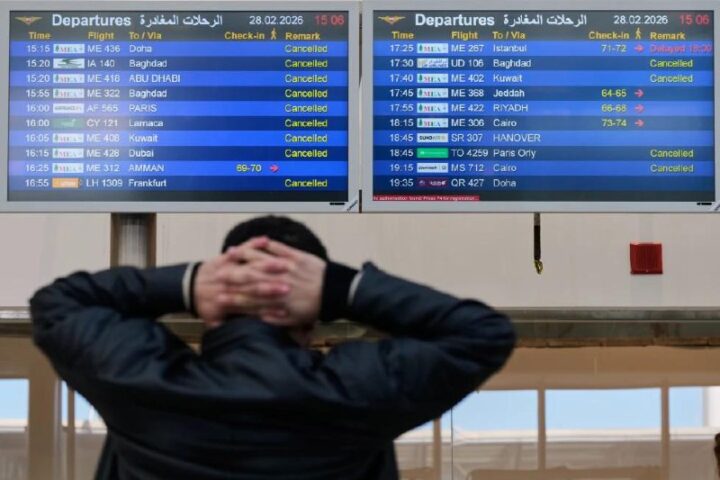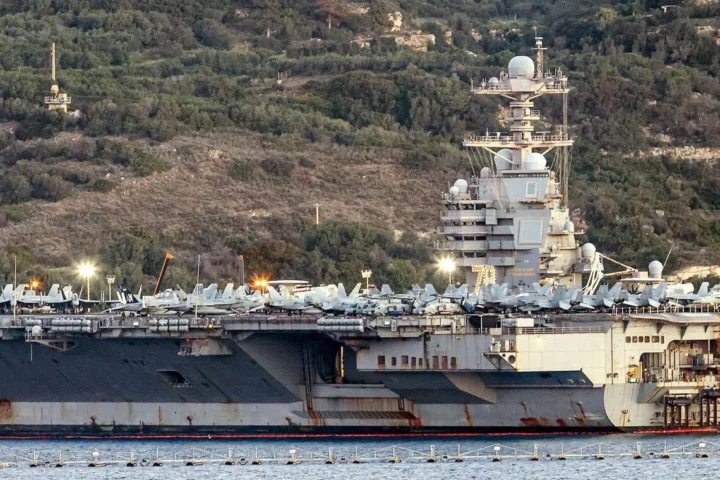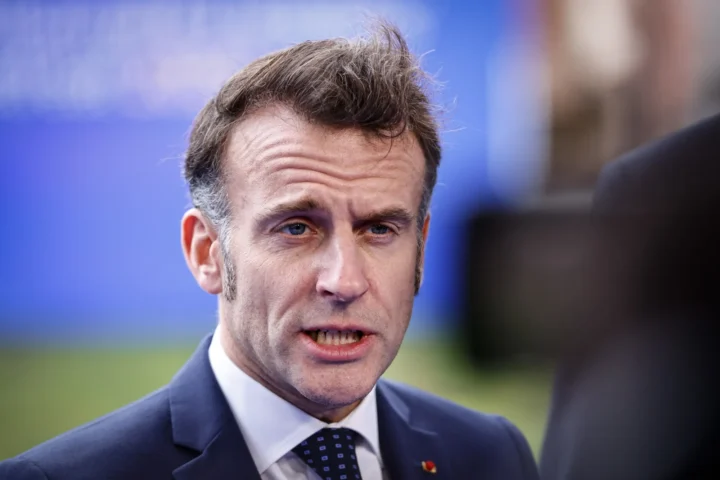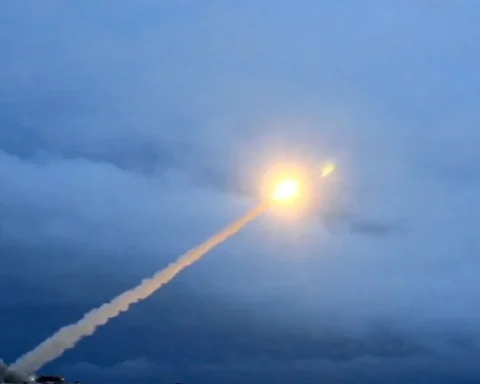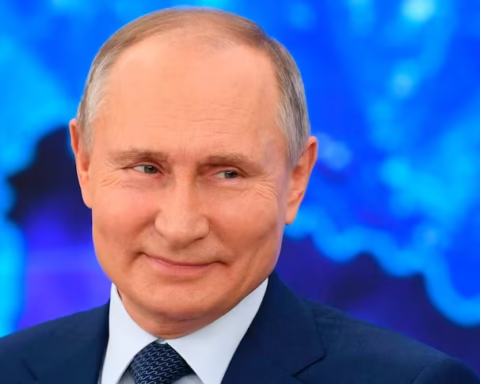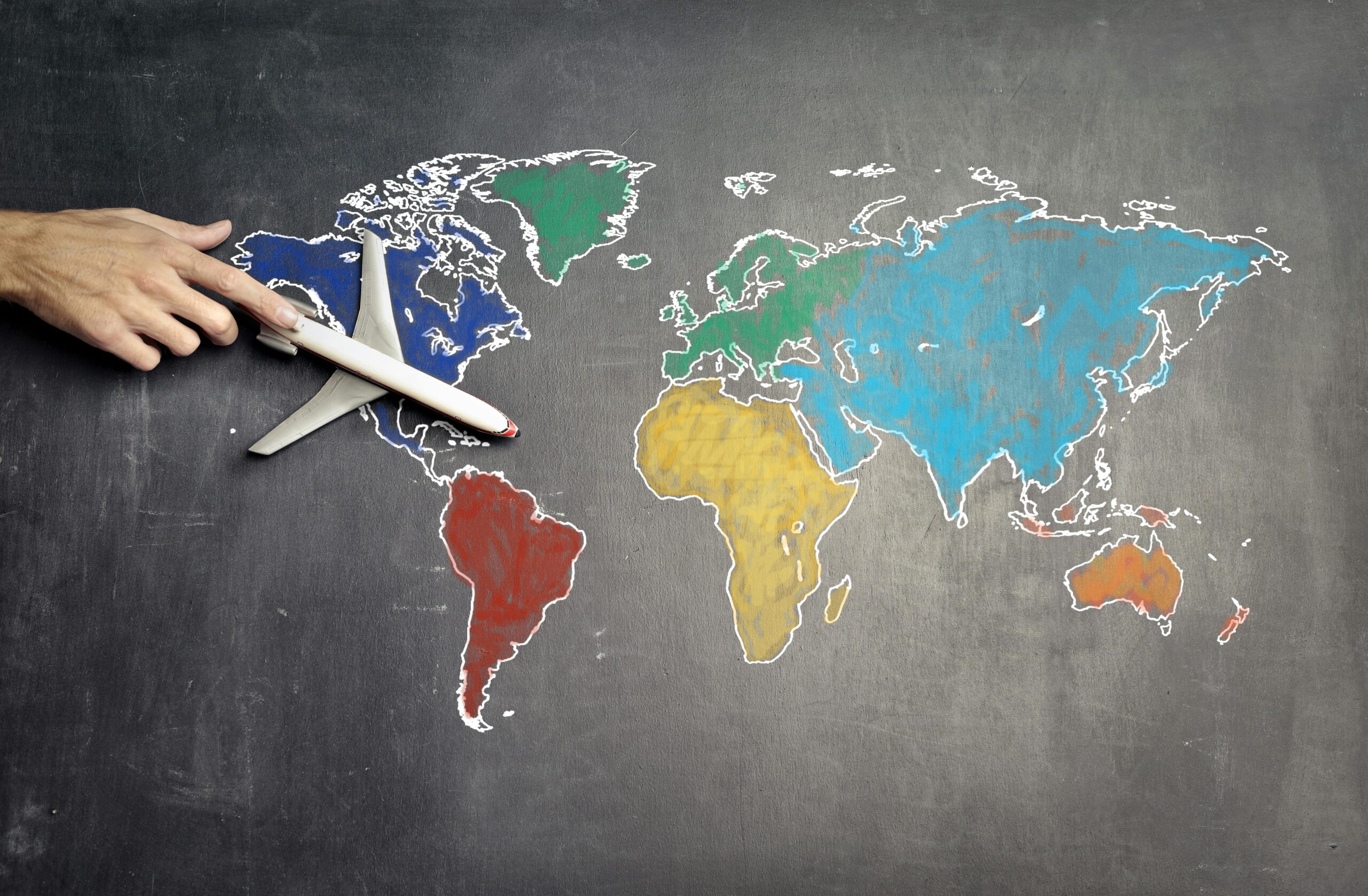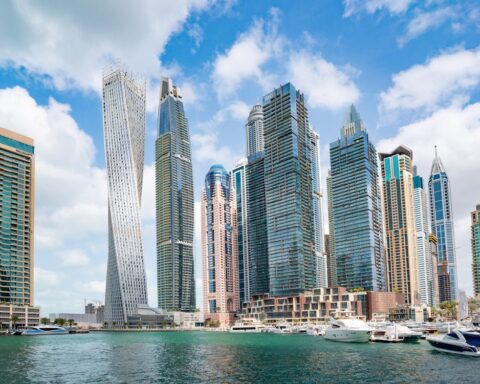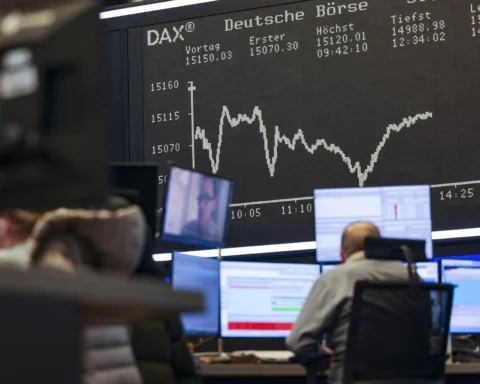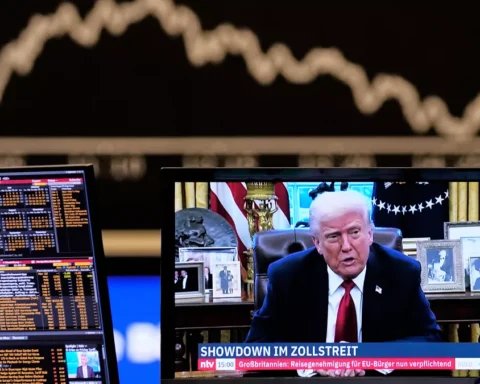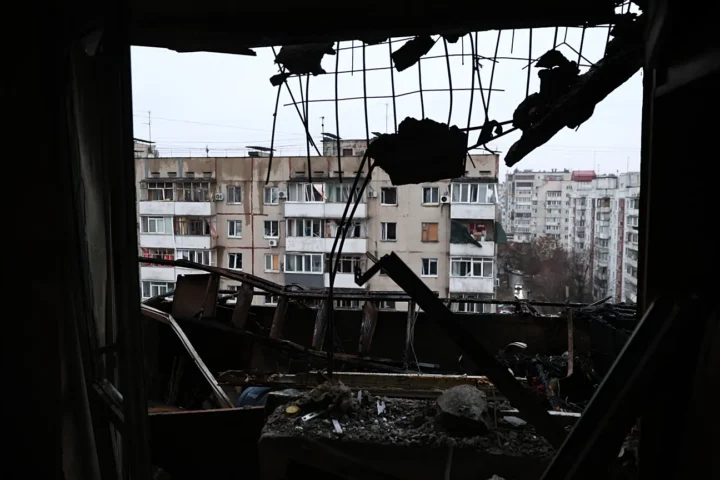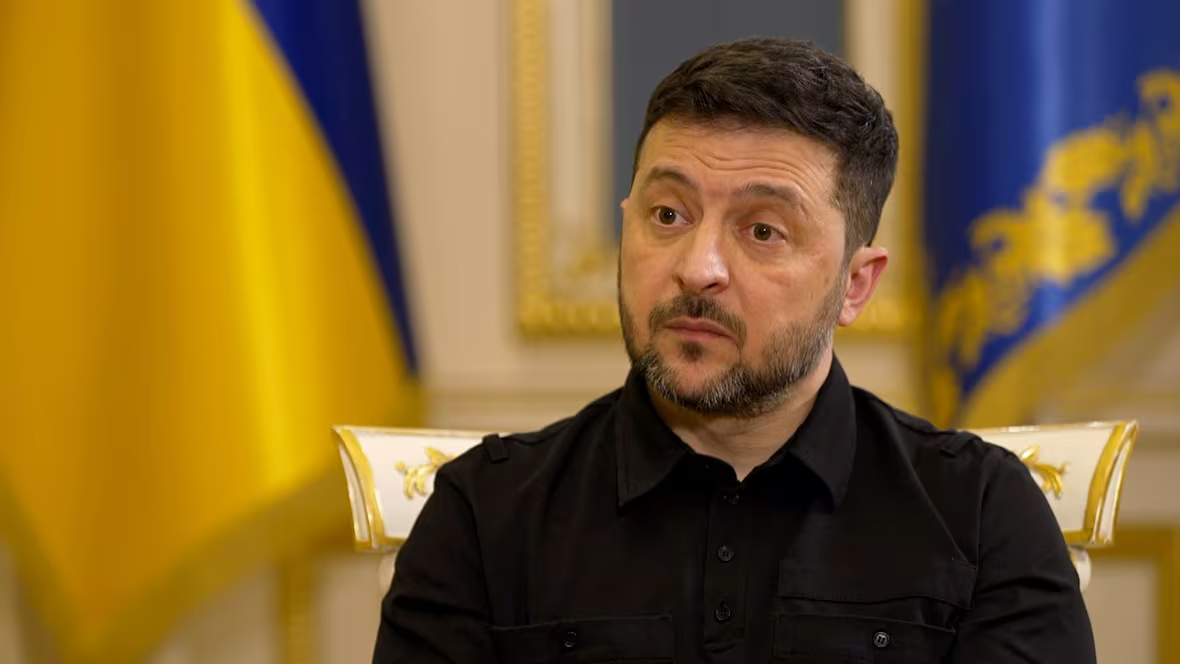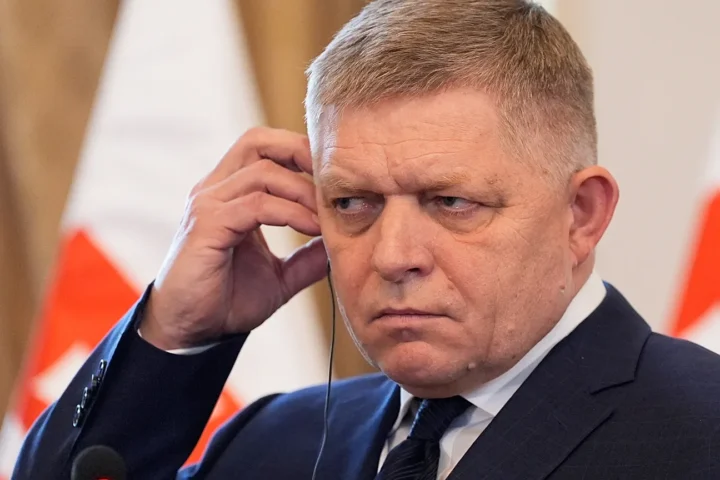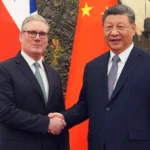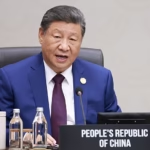The U.S. bombing of Iran marks a turning point in global conflict dynamics, and all eyes are now on two of the most powerful players outside the West: Russia and China. Both nations have strong political, economic, and military ties to Iran — and their next moves could either de-escalate or inflame the crisis.
Russia’s Likely Reaction
- Diplomatic Condemnation
Russia will almost certainly condemn the U.S. strikes as a violation of international law and an act of aggression. Moscow has consistently opposed Western military intervention in sovereign nations and will likely push for an emergency UN Security Council meeting. - Military Posturing
While Russia is unlikely to intervene directly, it could increase its military presence in the Middle East — possibly through naval deployments in the Mediterranean or joint drills with Iran as a show of force. - Support to Iran
Russia may accelerate arms transfers to Tehran, including missile defense systems, drones, or advanced radar equipment to help Iran defend against further attacks.
China’s Likely Reaction
- Call for Restraint
China will likely adopt a more cautious public tone, calling for calm and urging diplomatic solutions while opposing unilateral military actions. However, behind the scenes, Beijing could deepen ties with Iran to counter U.S. influence. - Economic Backing
China may strengthen economic and energy cooperation with Iran, especially through oil deals or trade within the BRICS framework. This would serve to insulate Iran from Western sanctions and reinforce China’s position as an alternative global partner. - Geopolitical Realignment
The conflict gives China an opportunity to rally non-Western nations against perceived U.S. aggression and expand its influence across the Global South. Beijing could frame the conflict as another example of Western destabilization.
Strategic Outcome
Both Russia and China are unlikely to engage militarily on Iran’s behalf — but they will use the moment to challenge U.S. dominance, deepen strategic alliances with Iran, and promote a new multipolar world order. Their reactions will shape global diplomacy and potentially rewire international power structures for years to come.
